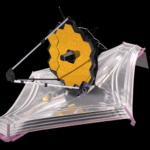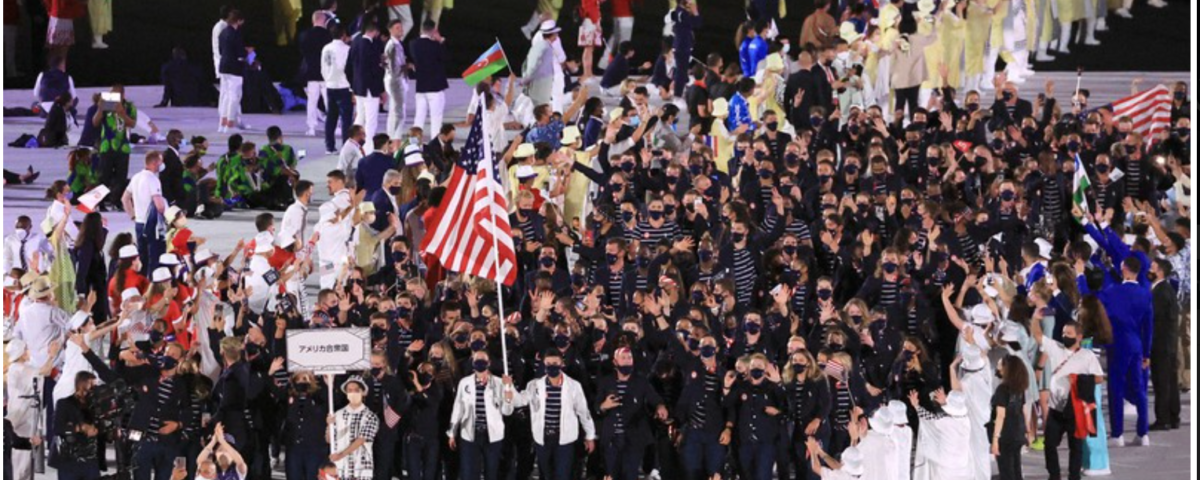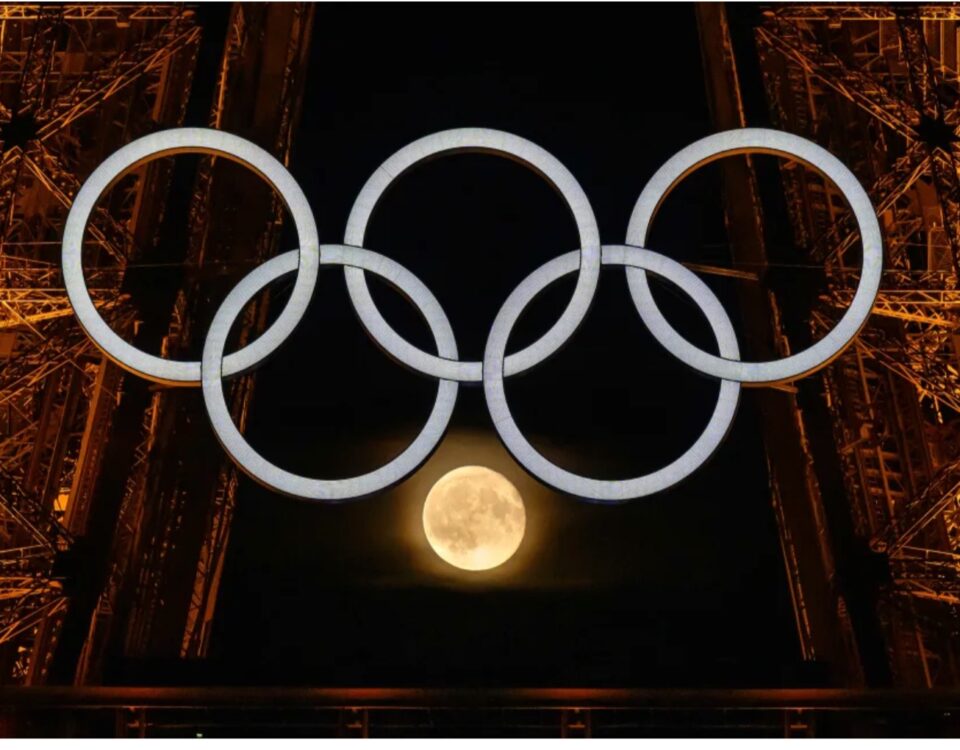
How the James Webb Space Telescope Takes Us Back Billions of Years and Billions of Dollars
December 28, 2021
Checking On China: US-China Phase One Trade Tracker 2021
December 30, 2021Last July, at Tokyo 2020, the alphabetical order at the Olympic Parade of Nations was a bit confusing to some of us…but not everyone.
As always, Greece was at the front and the host country was last. Next, planners decided that the IOC refugee team should be second while two future hosts–the U.S. and France–joined Japan at the end. In between, according to tradition, the delegation line-up is alphabetical. However, instead of A to Z, we first saw Iceland, Ireland, Azerbaijan, and Afghanistan. The United Arab Emirates was #7. Yemen and then Israel were in the 16 and 17 slots.
It turns out that alphabetical order need not be A to Z. Just like Japan ordered the athletes according to its writing system, we can expect China to do the same in 2022. In 2008, at the Beijing Olympics, Guinea, Guinea-Bissau, and Turkey were #’s 2, 3, and 4 (after Greece). The Wikipedia entry explained that the names were initially sorted by the number of strokes in the beginning character and then by stroke order with subsequent characters following the same pattern. As a result, Australia was #202.
Do take a look:
Using the alphabet, no nation–except for Greece–is more important than another.
The Importance of Alphabetical Order
Elsewhere too, the alphabet matters.
However, it took awhile for us to get used to the alphabet. When William the Conquerer gathered a record of his subjects’ assets (Domesday Book, 1086), the peasants were last and the nobles, first. There and elsewhere, order reflected a hierarchy. Eventually though the alphabet caught on, especially with the onset of the printing press. People creating encyclopedias discovered that using hierarchies required a shift every time something was added. The alphabet made additions easy. You just need a bigger slot.
At this point though we can fast forward to Wikipedia where we have come full circle, and the alphabet is no longer relevant. We also should point out that alphabetical order can help with an election and tenure. Politicians at the top of a ballot tend to get more votes and scholars get more attention when they are at the top of a list of authors.
Our Bottom Line: Expectations Bias
Still though, alphabetical order can minimize expectations bias.
You might recall when blue and then brown-eyed 3rd graders were told they were smarter, nicer, and neater. The description affected the behavior of the children and their teachers. It created an expectations bias.
Too often, female scholars have had to deal with the press creating an expectations bias. After former Planet Money journalist Adam Davidson realized what he had done, he replaced sentence #1 with sentence #2:
- “Lawrence Katz, a professor at Harvard and a leading scholar of education economics, co-wrote a paper a few years ago with Claudia Goldin…”
- “Claudia Goldin and Lawrence Katz, both professors at Harvard and leading scholars of education economics, co-wrote a famous paper a few years ago in which they pointed out…”
Wisely, Olympic planners avoid an expectations bias through the alphabetical order of the Parade of Nations.
My sources and more: Again, I recommend 99% Invisible, this time for their Alphabetical Order podcast. It complemented ideally this article and this one about the Parade of Nations. It also reminded me of a past econlife and a column from Justin Wolfers.
![econlifelogotrademarkedwebsitelogo[1]](/wp-content/uploads/2024/05/econlifelogotrademarkedwebsitelogo1.png#100878)





1 Comment
How can this telescope see back in time?
Does light not arive into every telescope and human eye at the same time? It can surely just see more of the stuff that passes through.